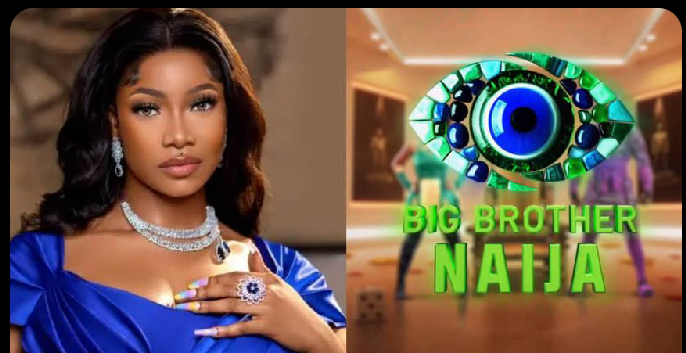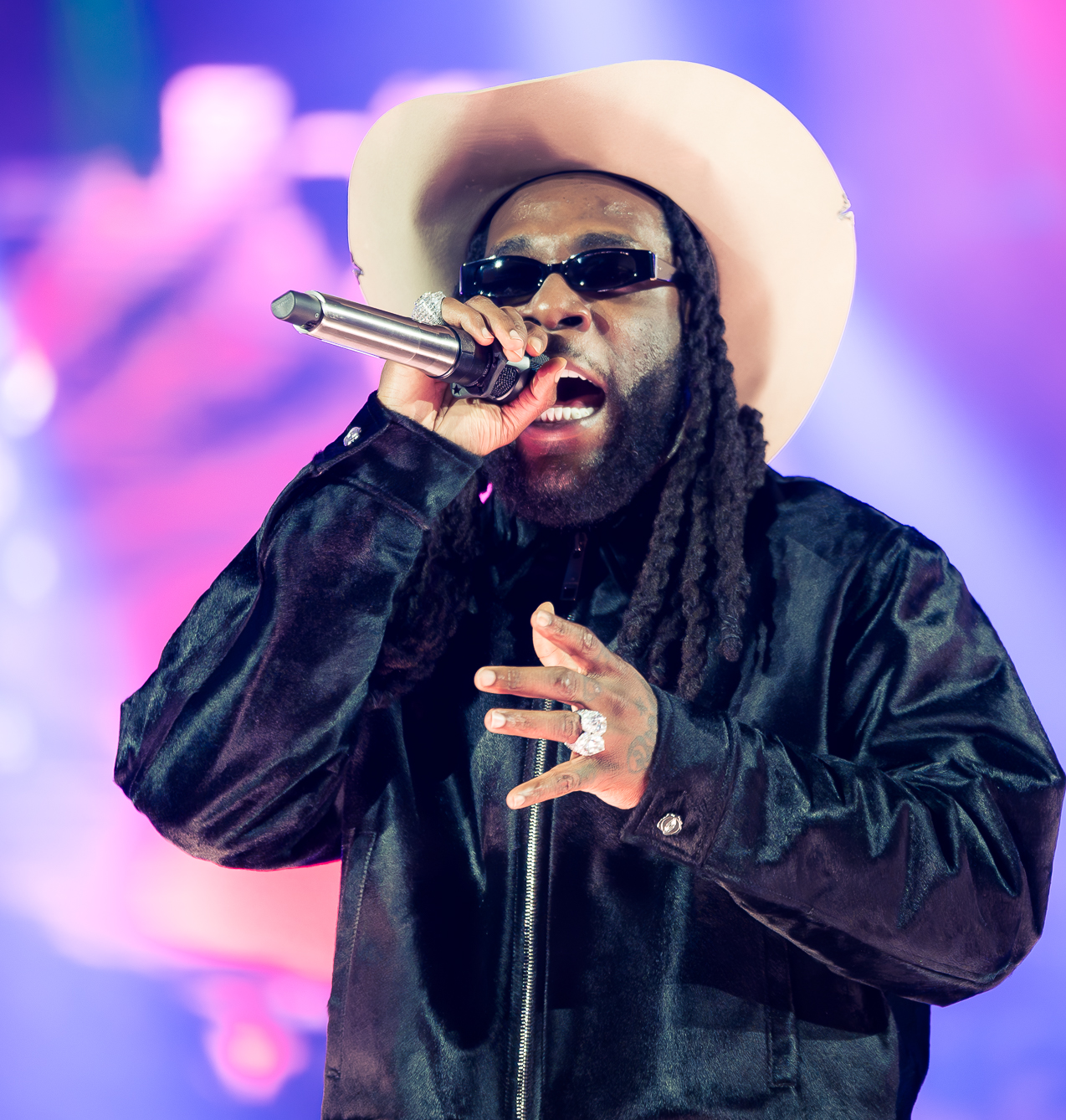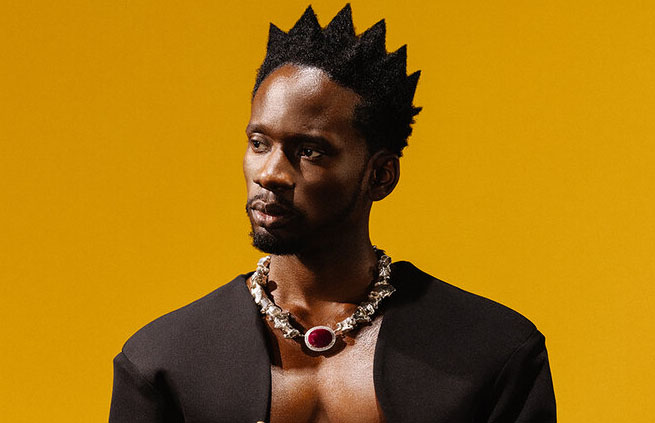
“No Men, No Wahala”: Tacha Reacts as BBNaija Season 10 Kicks Off with 15 Female Housemates, Sparks Debate on Gender Harmony

The opening of Big Brother Naija Season 10 took an unexpected turn that has sent shockwaves rippling through social media and entertainment circles alike. For the first time in the history of the wildly popular reality TV show, the house opened its doors to 15 female housemates—without a single male contestant in sight. While the news itself triggered a whirlwind of reactions from fans and critics, it was the bold commentary from ex-BBNaija housemate and reality TV star, Natacha Akide, popularly known as Tacha, that truly fanned the flames of a nationwide conversation.
Taking to her social media pages shortly after the premiere, Tacha declared that the BBNaija house feels “so peaceful” without the presence of men, adding confidently that “the world would be a better place without them.” Her comments, while embraced with loud cheers by her loyal fanbase, equally ignited a barrage of criticisms and counter-opinions, reigniting long-standing debates about gender dynamics, the influence of patriarchy, and the role of men in society and relationships.
Tacha, who is known for her unapologetically fierce personality and outspokenness, didn't mince words. In a live session, she doubled down on her position, saying, “Just look at the energy. These girls are smiling, vibing, connecting, and we haven't even had one major fight or emotional breakdown. That’s what happens when peace walks into the room. No men. No unnecessary drama. Just vibes and growth.”
Her fans, popularly known as the Titans, rallied around her statements, turning the internet into a battlefield of hot takes. Hashtags like #NoMenNoWahala, #TachaSpeaksTruth, and #BBNaijaLadiesOnly began trending, with thousands of women applauding the all-female cast and the ‘sisterhood’ energy already brewing in the house.
Within hours, Tacha’s remarks sparked broader societal reflection. On X (formerly Twitter), the conversations extended beyond the BBNaija arena. Users began to debate whether the absence of men in certain environments—workspaces, creative communities, or even families—naturally breeds peace and progress. Many pointed to Tacha’s own experience in the house during Season 4, where her fiery exchanges with male housemates were often cited as highlights of the season but also as signs of underlying gender tensions. Others, however, felt her comments were divisive and exaggerated.
A particular user posted, “So Tacha is saying the world would be better without men? That’s a dangerous mindset. Not all men are toxic. Some are supportive, kind, and essential to balance. Let’s not promote misandry in the name of feminism.”
Yet, others countered with stories of toxic male behavior in the house from previous seasons—gaslighting, manipulative romances, and violent outbursts—which often overshadowed the actual purpose of the show: showcasing personality, talent, and strategy. They argued that this season might offer a refreshing reset, a return to meaningful conversations and growth-driven dynamics.
BBNaija producers have remained tight-lipped about the all-female launch. Some speculate that male housemates will eventually be introduced mid-season, while others believe the twist may be a social experiment meant to study and entertain viewers through a lens rarely explored in reality TV. The show’s host hinted cryptically during the launch that “this is the season of twists,” suggesting that nothing is as it seems. For now, however, audiences seem content watching the women settle in, build alliances, and possibly redefine what BBNaija could be without the usual romantic entanglements and testosterone-fueled confrontations.
Celebrities have also chimed in. Actress Uche Jombo praised the show’s direction, stating, “Finally, a season where women can be loud, soft, intelligent, emotional, and strategic without being called dramatic or attention-seeking.” Meanwhile, social commentator Daniel Regha disagreed, tweeting, “A house without men isn’t automatically peaceful. Let’s wait two weeks.”
Tacha, unbothered by the backlash, continued to tweet and post videos, encouraging the female housemates to “stay focused and keep winning.” She expressed pride that the narrative of BBNaija has shifted, even if temporarily, toward female empowerment and unity.
“Let them talk,” she said in one clip. “We’ve been waiting for a moment like this, and it’s finally here. No man to dim your light. Just you, your voice, and your goals.”
As the days roll by, fans are glued to their screens, eager to see whether Tacha’s prediction of a drama-free, empowered house will hold or if tensions will rise among the women, proving that peace—or chaos—isn’t gender-specific but human. Regardless, BBNaija Season 10 is already proving to be one of the most groundbreaking in the franchise’s history.
Whether this bold move will inspire similar formats in future editions or if it’s simply a clever twist to draw attention remains to be seen. But what’s clear is that Tacha has once again seized a cultural moment, amplifying her voice and daring to spark a debate many shy away from. And as always, the BBNaija platform proves it is not just a reality show, but a mirror to society, relationships, gender politics, and the ever-changing face of entertainment.
With Tacha fanning the flames and the audience watching closely, BBNaija Season 10 has become more than just a game—it’s now a full-blown social experiment with implications that reach far beyond the walls of Biggie’s house.


